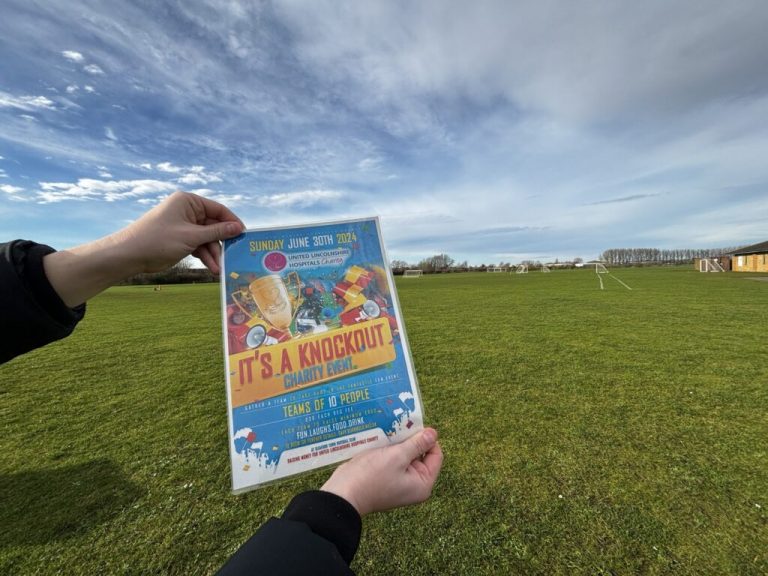Community celebration of Sutton-on-Sea history to take place
Revesby Country Fair set to “thrill, excite and astonish” families this summer
Freemasons support couple’s campaign to prevent unnecessary deaths from ‘undercover killer’

- This year’s testing arranged exclusively by The Beat Goes On is on July 16th and 17th.
- To book a test search Facebook for The Beat Goes On 31
- Follow the instructions on the right of the page
City of Lincoln council elects new leader
Cllr Naomi Tweddle has been formally appointed as the new Leader of City of Lincoln Council at its Annual General Meeting.
She has been Labour councillor for Minster ward in the city since 2016, and the Executive Member for Inclusive Economic Growth for the past year. Prior to this, she was Chair of the council’s Planning Committee.
TV presenter to get honorary doctorate from Bishop Grosseteste University
Scunthorpe and Grimsby to share almost £500,000 to revitalise town centres
It’s A Knockout event to raise funds for hospitals charity
New benches to get people talking in Grantham
New South & East Lincolnshire Cultural Conference to take place at Blackfriars Theatre
Lincolnshire schools get funding boost from Bookmark Reading Charity
More schools in Lincolnshire will get the chance to boost their child reading programmes with the offer of a potential £1,000 for new books and resources.
Bookmark Reading Charity is building upon its existing support in the county by providing additional ongoing resources to schools. Primary schools across the region are being invited to join Bookmark’s School Network Programme; these schools will receive £1,000 worth of resources across an academic year.
Bookmark Reading Charity is also looking for volunteers to join their network of more than 2,000 readers who help pupils in schools face to face or online by delivering reading sessions with children at risk of falling behind. The charity says its volunteering opportunities gives volunteers a sense of fulfilment and achievement as well as helping to positively impact children’s lives by igniting the joy of reading.
The charity originally launched its Your Story Corner programme in 2022 when it delivered £144,000 worth of books and resources to 72 primary schools in Lincolnshire. This was to ensure all children had access to high quality and diverse books as well as trying to develop rich reading cultures in all primary schools in this area.
The charity is now following up its Your Story Corner offering with an opportunity for eligible schools to become part of its School Network Programme.
Emily Jack, CEO of Bookmark Reading Charity, said: “We believe Bookmark’s School Network Programme is a fantastic way for us to continue supporting the schools we know are most in need of literacy support.
“We also need volunteers across Lincolnshire to continue the momentum of what we are trying to achieve. Reading online or in person for thirty minutes a week really can change a child’s future and have a positive effect on the opportunities available to them throughout their life.”
Available to previous Your Story Corner schools that meet Bookmark’s eligibility criteria, the School Network Programme is here to help schools that need support the most.
This year Bookmark has reached out to 67 schools in Lincolnshire for the School Network programme. This is based on schools’ pupil premium data, child deprivation statistics and results for Key Stage 2 SATs.
Image: Stock.adobe.com/Rawpixel.com











